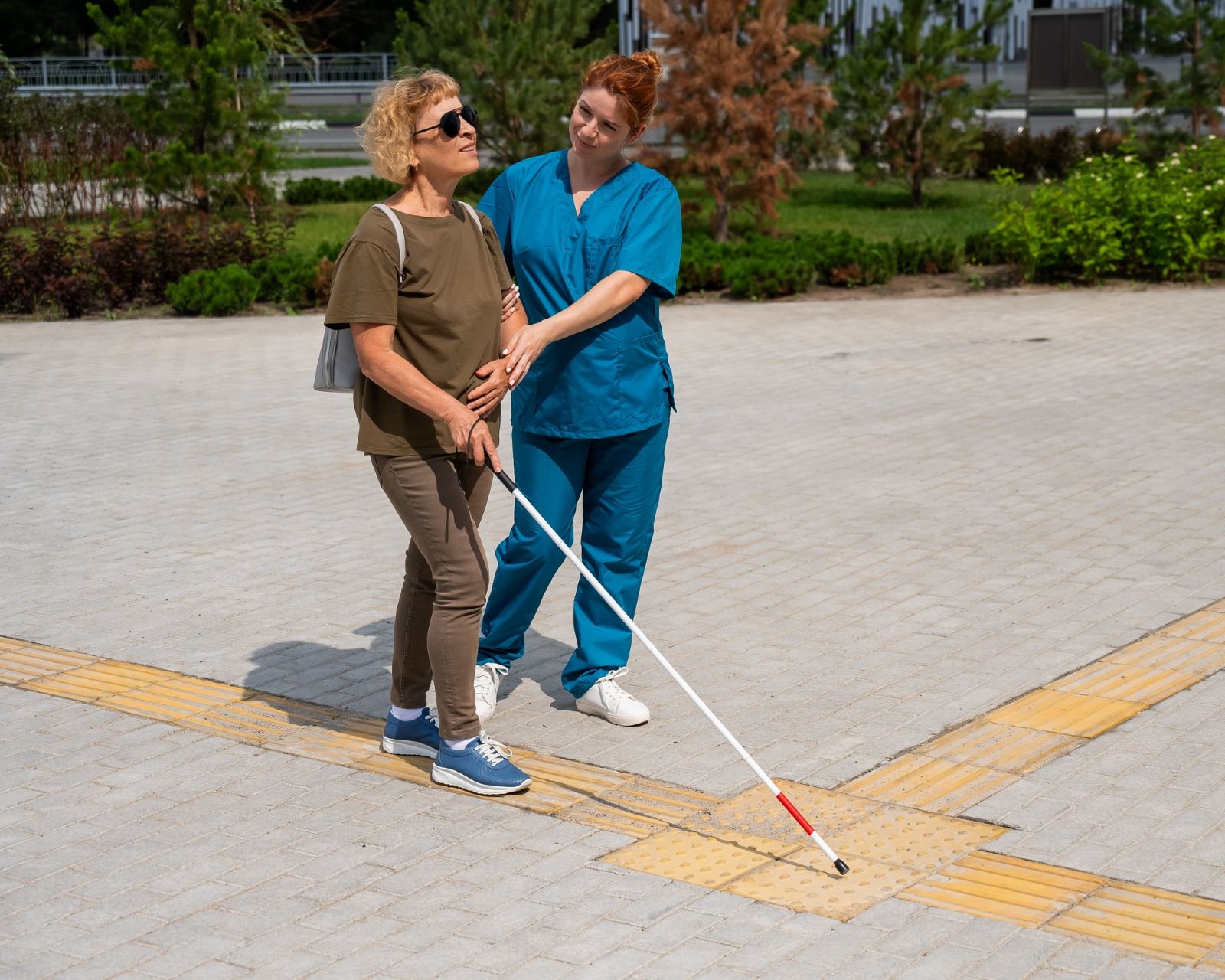As the baby boomer generation transitions into their senior years, they face numerous challenges that are often overlooked or misunderstood by younger generations. This listicle explores some of the most legitimate and justified complaints from baby boomers, highlighting the issues that affect their daily lives and well-being.
Housing and Accommodation Issues

Finding affordable and suitable housing is a significant challenge for seniors. Many struggle with securing accommodations that meet their physical and proximity needs. Policies that ensure access to appropriate housing are necessary to support the aging population.
Isolation and Loneliness

Isolation and loneliness are significant issues for many seniors. Factors such as the loss of a spouse and physical limitations can exacerbate feelings of isolation. As their social circles diminish, the impact on mental and physical health can be profound. Effective community engagement programs and supportive technologies are crucial to mitigating these effects.
Erosion of Traditional Values

The rapid shift towards gender equality and LGBTQ+ rights can be disorienting for some boomers who grew up with clear-cut gender roles. While many embrace positive social change, others struggle to understand and adapt. Facilitating understanding and respect for diverse perspectives is crucial.
Erosion of Social Security

Concerns about Social Security’s long-term solvency create anxiety for Boomers. Ensuring the program’s sustainability is crucial to providing a secure safety net for retirees.
Political Polarization

The increasing political polarization and lack of bipartisan cooperation are concerning for Boomers who value compromise and finding common ground. Addressing this issue requires promoting civility and constructive dialogue in the political landscape.
Complicated Technology

The complexity of modern technology often excludes seniors from accessing essential services and maintaining social contacts. Designing user-friendly technology that accommodates the needs of older adults is vital for ensuring they remain connected and engaged.
Quality of Modern Entertainment

Many seniors find modern entertainment options, such as music and television, less relatable compared to the classics they grew up enjoying. Creating content that appeals across generations can help bridge these differences and cater to a wider audience.
Healthcare Costs

Rising medical needs and corresponding healthcare costs can be overwhelming for seniors, particularly those on fixed incomes. These escalating costs affect their quality of life, highlighting the necessity for more affordable and accessible healthcare solutions.
Physical Mobility Issues

Declining physical mobility significantly impacts seniors’ independence and social participation. Architectural barriers and inaccessible public spaces exacerbate their isolation. Adapting our infrastructure to be more inclusive for those with mobility challenges is crucial.
Changes in Social Values

The rapid shifts in social values and norms can be disorienting for seniors. These changes often clash with the cultural benchmarks of their youth, creating a sense of disconnection. Facilitating open dialogues that respect and integrate diverse generational perspectives is essential for fostering understanding and connection.
Lack of Respect from Younger Generations

One of the primary complaints from Baby Boomers is the perceived lack of respect from younger generations. Many older adults feel that their knowledge and experiences are undervalued in today’s society. This can lead to feelings of insignificance and isolation. Recognizing the rich experiences of older adults can provide valuable insights and enhance intergenerational respect and understanding.
Rising Cost of Living and Supporting Adult Children

Boomers lived through a time when affordability was more attainable. Today, many struggle to support themselves and their adult children due to stagnant wages and rising living costs. Adjusting financial policies to reflect current economic realities is necessary to support their well-being.
Concerns Over Safety and Crime

Seniors often feel more vulnerable to crimes such as scams and burglary, leading to heightened anxiety and reduced social engagement. This perceived vulnerability can impair their sense of freedom and security. Implementing community safety measures and promoting awareness about personal security are essential steps in mitigating these fears.
Memory Concerns

Memory loss and cognitive decline are major concerns for older adults, affecting their independence and daily functioning. Strengthening support systems through healthcare services and community programs is essential for addressing these cognitive health issues.
Difficulty Adapting to Change

Rapid societal, technological, and environmental changes can be particularly overwhelming for the elderly, making them feel disconnected from the contemporary world. Support systems that facilitate adjustment to these changes can help alleviate their sense of loss.
Decline of Face-to-Face Communication

The shift to digital communication reduces the richness of human interaction. Non-verbal cues are crucial for effective communication, and their absence in digital exchanges can lead to misunderstandings. Encouraging face-to-face interactions can enhance social connections.
Changing Workplace Dynamics

The shift from rigid hierarchies to dynamic, collaborative work environments can be challenging for Boomers accustomed to structured settings. Learning new technologies and adapting to flexible work cultures can be significant hurdles. Providing support and training can help ease this transition.
Lack of Work-Life Balance

Technology blurs the lines between work and personal life, increasing stress and burnout. Maintaining healthy boundaries is crucial for well-being in the digital era.
Difficulty Accessing Services

The transition of essential services to online platforms has created a digital divide that disproportionately affects seniors lacking technological skills. Providing accessible service options and offering digital literacy training are vital for bridging this gap.
Loss of Independence

The need for assistance in daily tasks can significantly impact seniors’ self-esteem and well-being, leading to a dependency that may alter family dynamics and increase feelings of burden. Promoting technologies that enhance independence can help mitigate these effects.
Noise Pollution

The heightened sensitivity to noise in older adults, particularly those with hearing issues, makes urban environments challenging. Continuous noise from traffic and construction can transform tolerable environments into uncomfortable ones. Addressing noise pollution is important for their physical and mental well-being.
Loss of Privacy

The exchange of personal data in online activities raises concerns about privacy and security. The increasing frequency of data breaches and identity theft underscores the need for robust privacy protection measures.
The Information Overload

The constant barrage of information can be overwhelming, leading to anxiety and information fatigue. Discerning reliable information from misinformation is a daily challenge. Promoting media literacy and mindful consumption is important.


